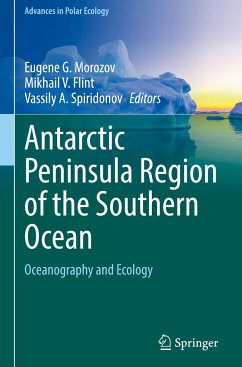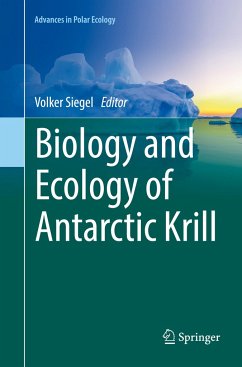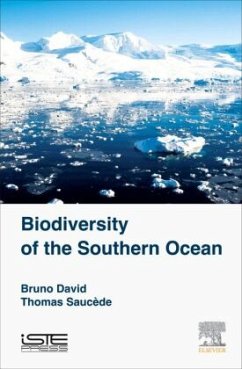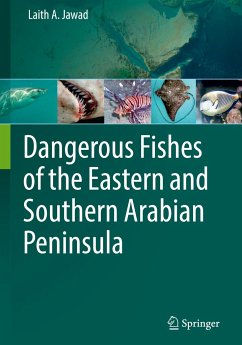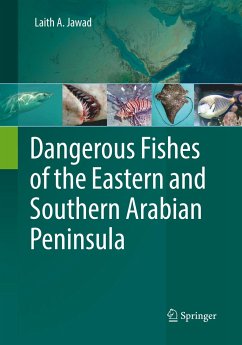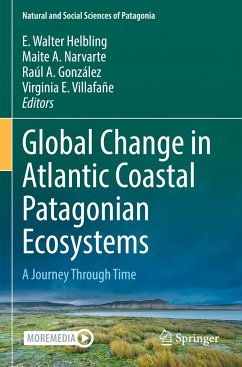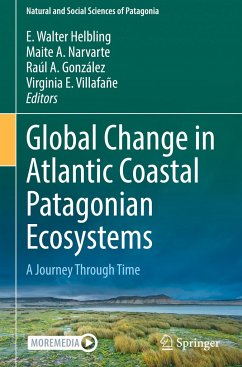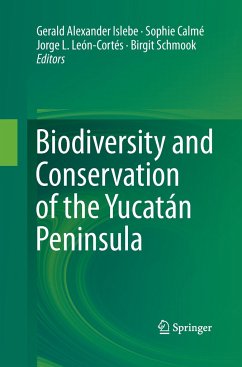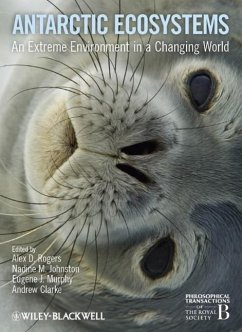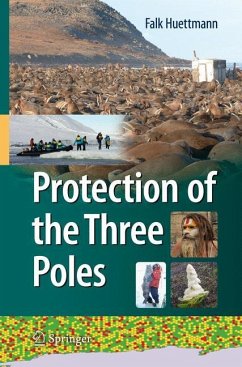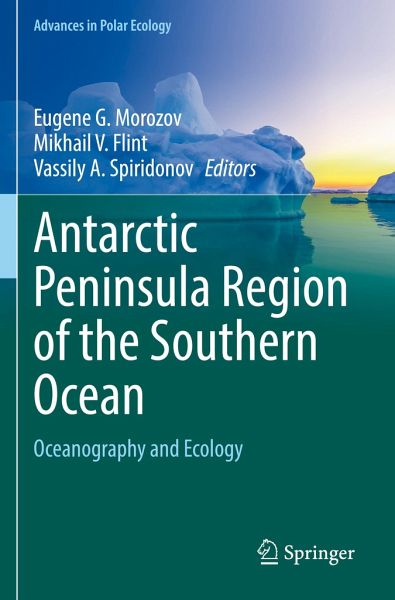
Antarctic Peninsula Region of the Southern Ocean
Oceanography and Ecology
Herausgegeben: Morozov, Eugene G.; Flint, Mikhail V.; Spiridonov, Vassily A.
Versandkostenfrei!
Versandfertig in 6-10 Tagen
136,99 €
inkl. MwSt.

PAYBACK Punkte
68 °P sammeln!
The book is based on results from the Russian expedition in the region of the Antarctic Peninsula and Powell Basin in the northern part of the Weddell Sea, as well as on the review of earlier research in the region. The main goal of the research was to collect the newest data and study the physical properties and ecology of this key region of the Southern Ocean. Data analysis is supplemented with numerical modeling of the atmosphere-ocean interaction and circulation in the adjacent region, including research on rogue waves.The focus of the study was the Antarctic Circumpolar Current, currents ...
The book is based on results from the Russian expedition in the region of the Antarctic Peninsula and Powell Basin in the northern part of the Weddell Sea, as well as on the review of earlier research in the region. The main goal of the research was to collect the newest data and study the physical properties and ecology of this key region of the Southern Ocean. Data analysis is supplemented with numerical modeling of the atmosphere-ocean interaction and circulation in the adjacent region, including research on rogue waves.
The focus of the study was the Antarctic Circumpolar Current, currents and water properties in the Bransfield Strait and Antarctic Sound, properties of seawater, currents, ecosystem and biological communities in the Powell Basin of the northwestern Weddell Sea, and their variations.
An attempt is made to reveal the role of various components of the Antarctic environment in the formation of biological productivity and maintenance of the Antarctic krill population. This is especially important as in the last decades the Antarctic environment has experienced significant changes related to the global climatic trends.
The focus of the study was the Antarctic Circumpolar Current, currents and water properties in the Bransfield Strait and Antarctic Sound, properties of seawater, currents, ecosystem and biological communities in the Powell Basin of the northwestern Weddell Sea, and their variations.
An attempt is made to reveal the role of various components of the Antarctic environment in the formation of biological productivity and maintenance of the Antarctic krill population. This is especially important as in the last decades the Antarctic environment has experienced significant changes related to the global climatic trends.



